Parabens during pregnancy may impact child weight
Using cosmetics containing parabens while pregnant may have consequences for the child’s weight development, according to a new study published in the journal Nature Communications.
Methylparaben, propylparaben, and butylparaben are parabens commonly used as preservatives in cosmetics.
For the study, researchers reviewed data from the LINA mother-child cohort study. The researchers combed through questionnaires completed by the participants for details of the cosmetics used during pregnancy. They reviewed whether parabens were among the ingredients of the respective cosmetics and found that high concentrations of parabens in the mothers’ urine was associated with the use of cosmetics containing parabens.
The researchers found a correlation between the concentrations of butylparaben in the mothers' urine and a higher body-mass index of their children. To track down the underlying mechanisms, the researchers used cell cultures to examine whether fat cells themselves react to high concentrations of butylparaben.
The team of researchers suspected that parabens might exert an influence on how hunger is regulated in the brain and performed a closer examination of key genes in the hypothalamus of the mouse offspring. It became apparent that a gene proopiomelanocortin (POMC) that is decisive in controlling the feeling of hunger was downregulated in the brains of the young mice. Further investigations at a genetic level revealed that an epigenetic modification was responsible for this by preventing the corresponding POMC gene from being read.
So far, the researchers have not been able to come to any conclusions on how stable the epigenetic modifications are or whether they can be passed on to the next generation. However, they recommend expectant mothers really should use paraben-free products during the sensitive periods of pregnancy and breastfeeding.




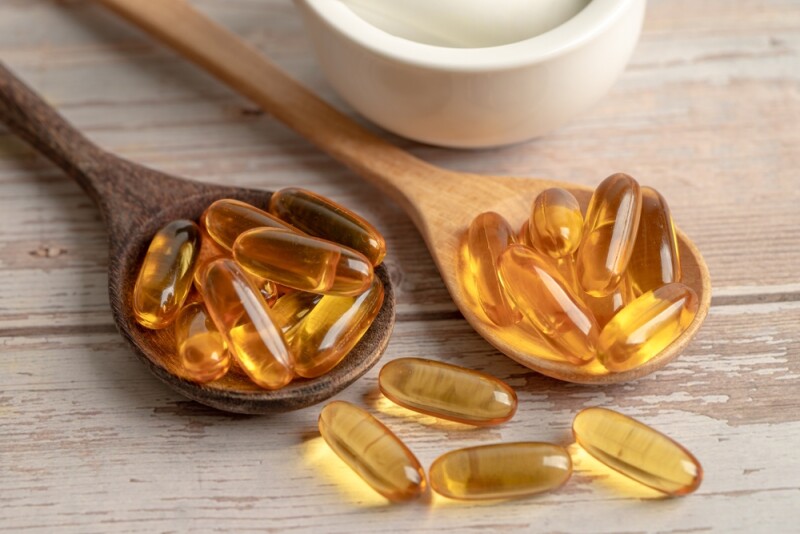
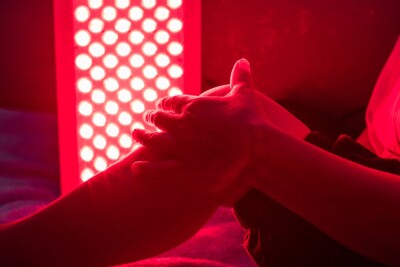
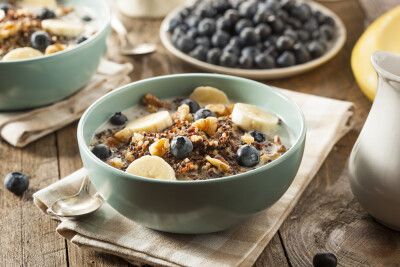
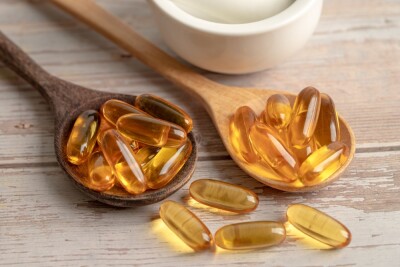
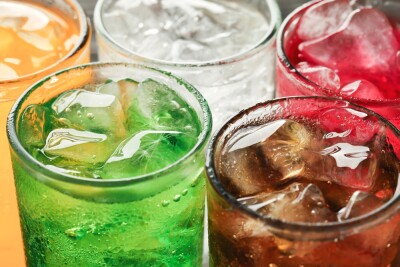











SHARE